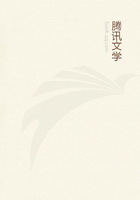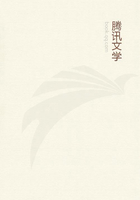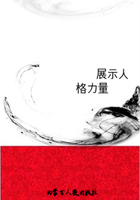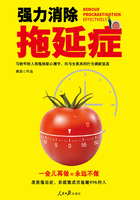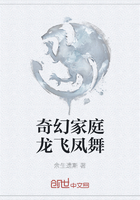1
AFTER these matters we ought perhaps next to discuss pleasure. For it is thought to be most intimately connected with our human nature, which is the reason why in educating the young we steer them by the rudders of pleasure and pain; it is thought, too, that to enjoy the things we ought and to hate the things we ought has the greatest bearing on virtue of character. For these things extend right through life, with a weight and power of their own in respect both to virtue and to the happy life, since men choose what is pleasant and avoid what is painful; and such things, it will be thought, we should least of all omit to discuss, especially since they admit of much dispute. For some say pleasure is the good, while others, on the contrary, say it is thoroughly bad-some no doubt being persuaded that the facts are so, and others thinking it has a better effect on our life to exhibit pleasure as a bad thing even if it is not; for most people (they think) incline towards it and are the slaves of their pleasures, for which reason they ought to lead them in the opposite direction, since thus they will reach the middle state. But surely this is not correct. For arguments about matters concerned with feelings and actions are less reliable than facts: and so when they clash with the facts of perception they are despised, and discredit the truth as well; if a man who runs down pleasure is once seen to be alming at it, his inclining towards it is thought to imply that it is all worthy of being aimed at; for most people are not good at drawing distinctions. True arguments seem, then, most useful, not only with a view to knowledge, but with a view to life also; for since they harmonize with the facts they are believed, and so they stimulate those who understand them to live according to them.-Enough of such questions; let us proceed to review the opinions that have been expressed about pleasure.
2
Eudoxus thought pleasure was the good because he saw all things, both rational and irrational, aiming at it, and because in all things that which is the object of choice is what is excellent, and that which is most the object of choice the greatest good; thus the fact that all things moved towards the same object indicated that this was for all things the chief good (for each thing, he argued, finds its own good, as it finds its own nourishment); and that which is good for all things and at which all aim was the good. His arguments were credited more because of the excellence of his character than for their own sake; he was thought to be remarkably self-controlled, and therefore it was thought that he was not saying what he did say as a friend of pleasure, but that the facts really were so. He believed that the same conclusion followed no less plainly from a study of the contrary of pleasure; pain was in itself an object of aversion to all things, and therefore its contrary must be similarly an object of choice. And again that is most an object of choice which we choose not because or for the sake of something else, and pleasure is admittedly of this nature; for no one asks to what end he is pleased, thus implying that pleasure is in itself an object of choice. Further, he argued that pleasure when added to any good, e.g. to just or temperate action, makes it more worthy of choice, and that it is only by itself that the good can be increased.
This argument seems to show it to be one of the goods, and no more a good than any other; for every good is more worthy of choice along with another good than taken alone. And so it is by an argument of this kind that Plato proves the good not to be pleasure; he argues that the pleasant life is more desirable with wisdom than without, and that if the mixture is better, pleasure is not the good; for the good cannot become more desirable by the addition of anything to it.
Now it is clear that nothing else, any more than pleasure, can be the good if it is made more desirable by the addition of any of the things that are good in themselves. What, then, is there that satisfies this criterion, which at the same time we can participate in? It is something of this sort that we are looking for. Those who object that that at which all things aim is not necessarily good are, we may surmise, talking nonsense. For we say that that which every one thinks really is so; and the man who attacks this belief will hardly have anything more credible to maintain instead. If it is senseless creatures that desire the things in question, there might be something in what they say; but if intelligent creatures do so as well, what sense can there be in this view? But perhaps even in inferior creatures there is some natural good stronger than themselves which aims at their proper good.
Nor does the argument about the contrary of pleasure seem to be correct. They say that if pain is an evil it does not follow that pleasure is a good; for evil is opposed to evil and at the same time both are opposed to the neutral state-which is correct enough but does not apply to the things in question. For if both pleasure and pain belonged to the class of evils they ought both to be objects of aversion, while if they belonged to the class of neutrals neither should be an object of aversion or they should both be equally so; but in fact people evidently avoid the one as evil and choose the other as good; that then must be the nature of the opposition between them.
3


